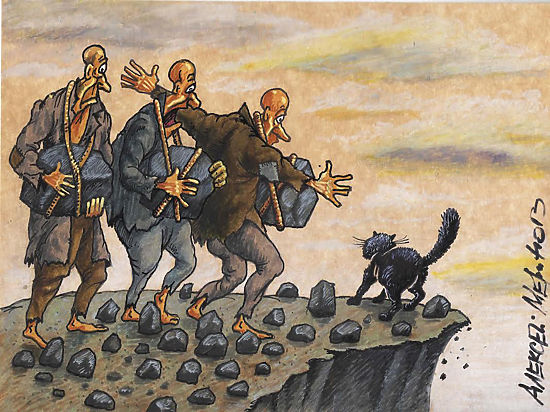In August wage arrears complained to one and a half times more Russians than in July.
In the Public chamber for a few months working a hot line” concerning nonpayment of wages. Last month, it received 540 applications, and this is one and a half times more than in July. People called from 70 regions. Employers did not pay them 52 million.
And all the while working the “hot line” Public chamber received more than 11 thousands of messages about delays or non-payment of wages and violations by employers of labour legislation.
75 percent of applicants complained about the delay of salaries for the period of 6 months, 15% for delay from 6 months to a year, 10 percent more than one year.
Every fourth (25 percent of callers) is not paid at least 50 thousand rubles. Every third (34%) – from 50 thousand to 100 thousand rubles, and nearly as many (36 percent) – from one hundred thousand to half a million rubles. A small proportion of complaints account for large amount over 500 thousand rubles to five percent.
Often called the inhabitants of the Krasnoyarsk region (11 percent), Republic Bashkortostan (6 percent) and the Irkutsk, Rostov region and Moscow (five percent of complaints, respectively).
In addition, in August the Public chamber received two collective complaints.
“The information received on the hotline, processed, aggregated and sent to the Prosecutor General of Russia and the Fes. And judging by the feedback applied, after the measures of prosecutorial response payables to employees shall be repaid fully or partially”,- told “RG” the Chairman of the Public chamber Commission on social policy, labour relations and quality of life of citizens Vladimir Slepak.
The work of “hot line” will continue.







